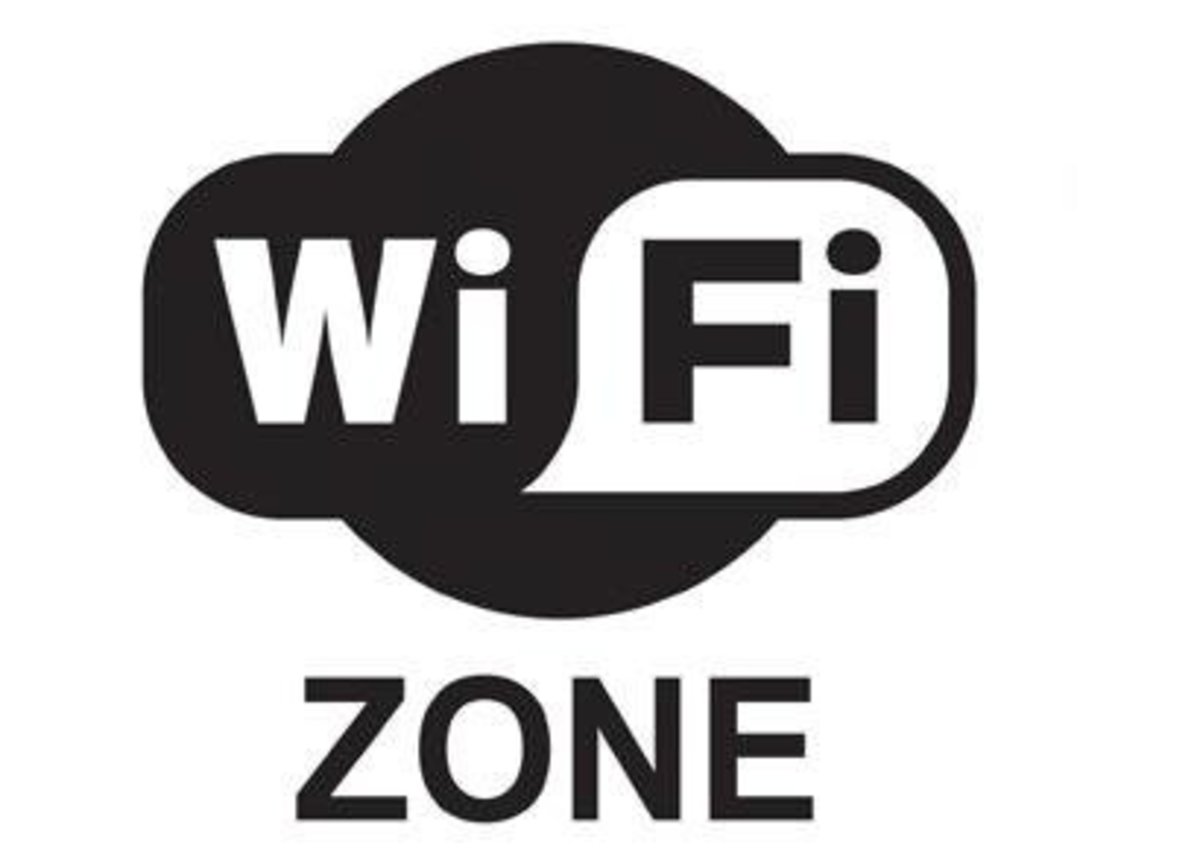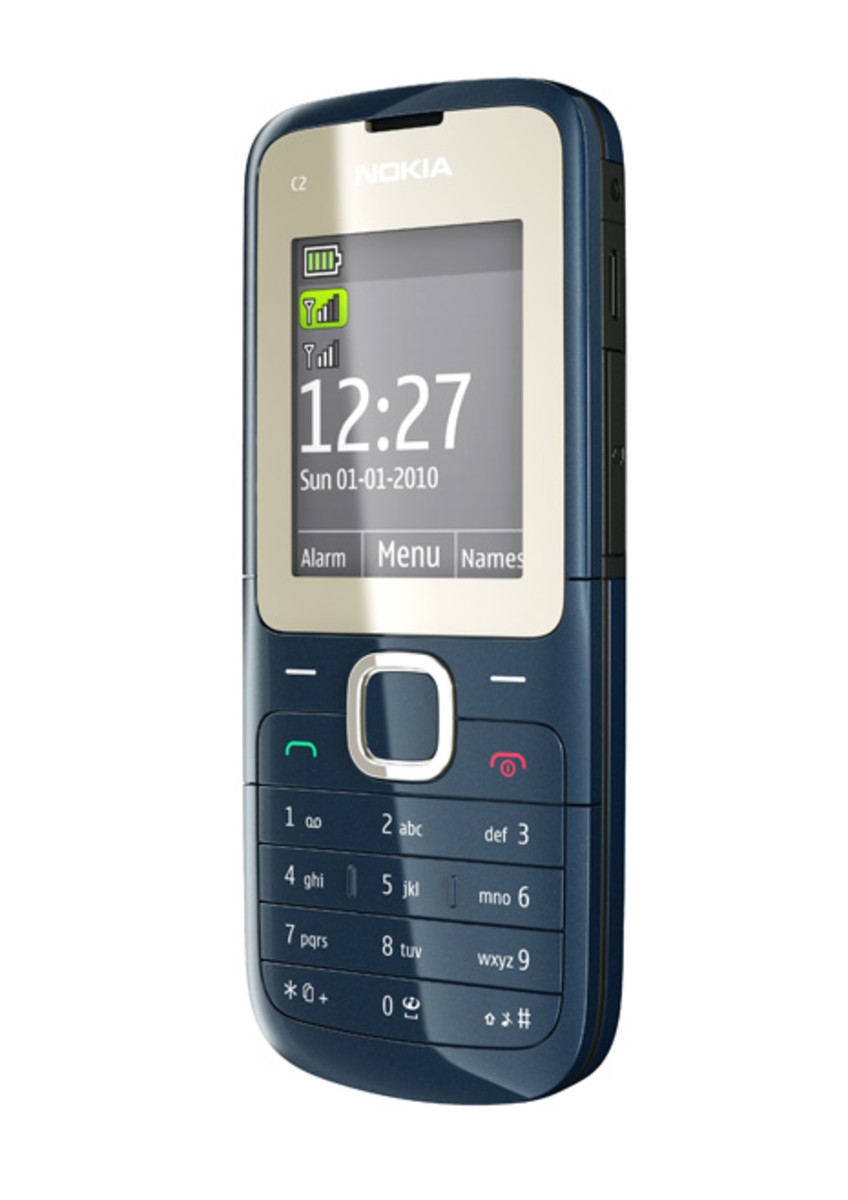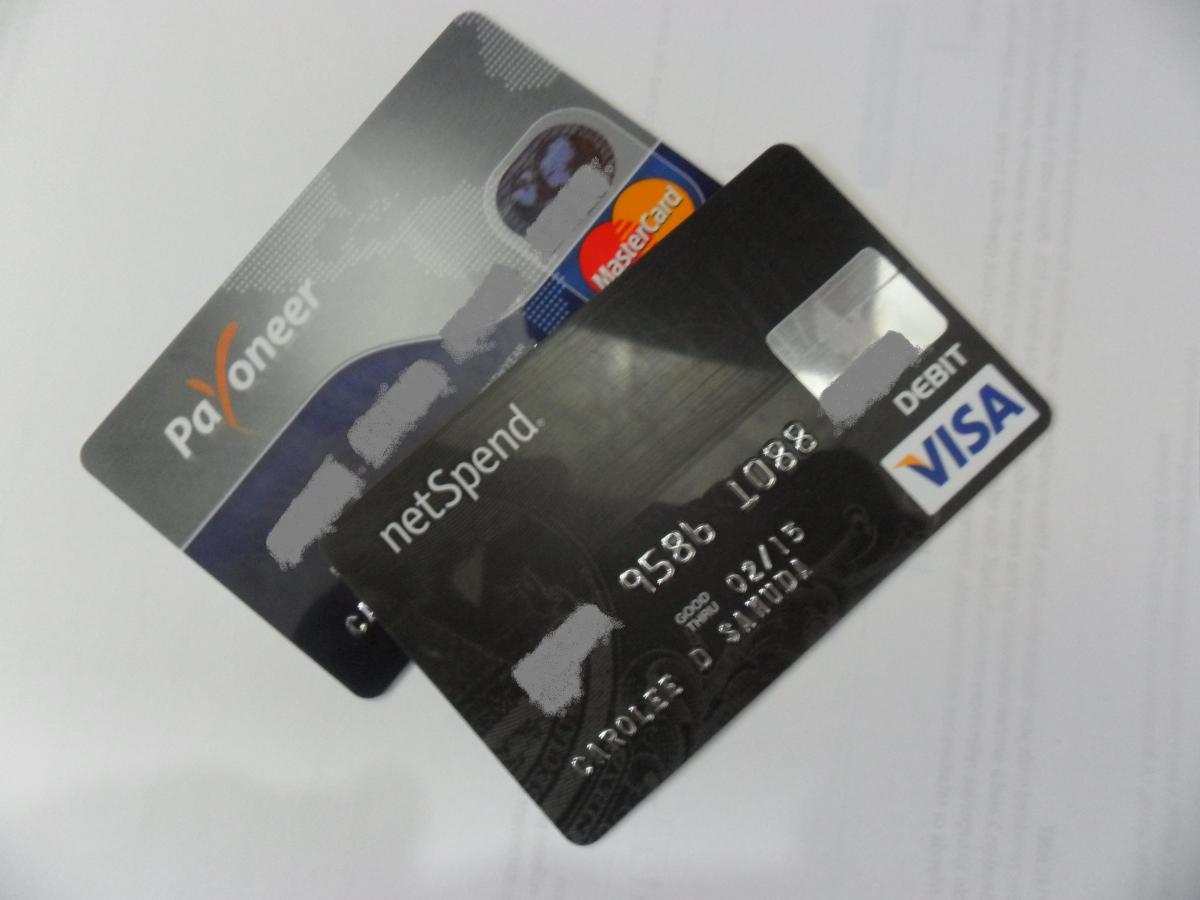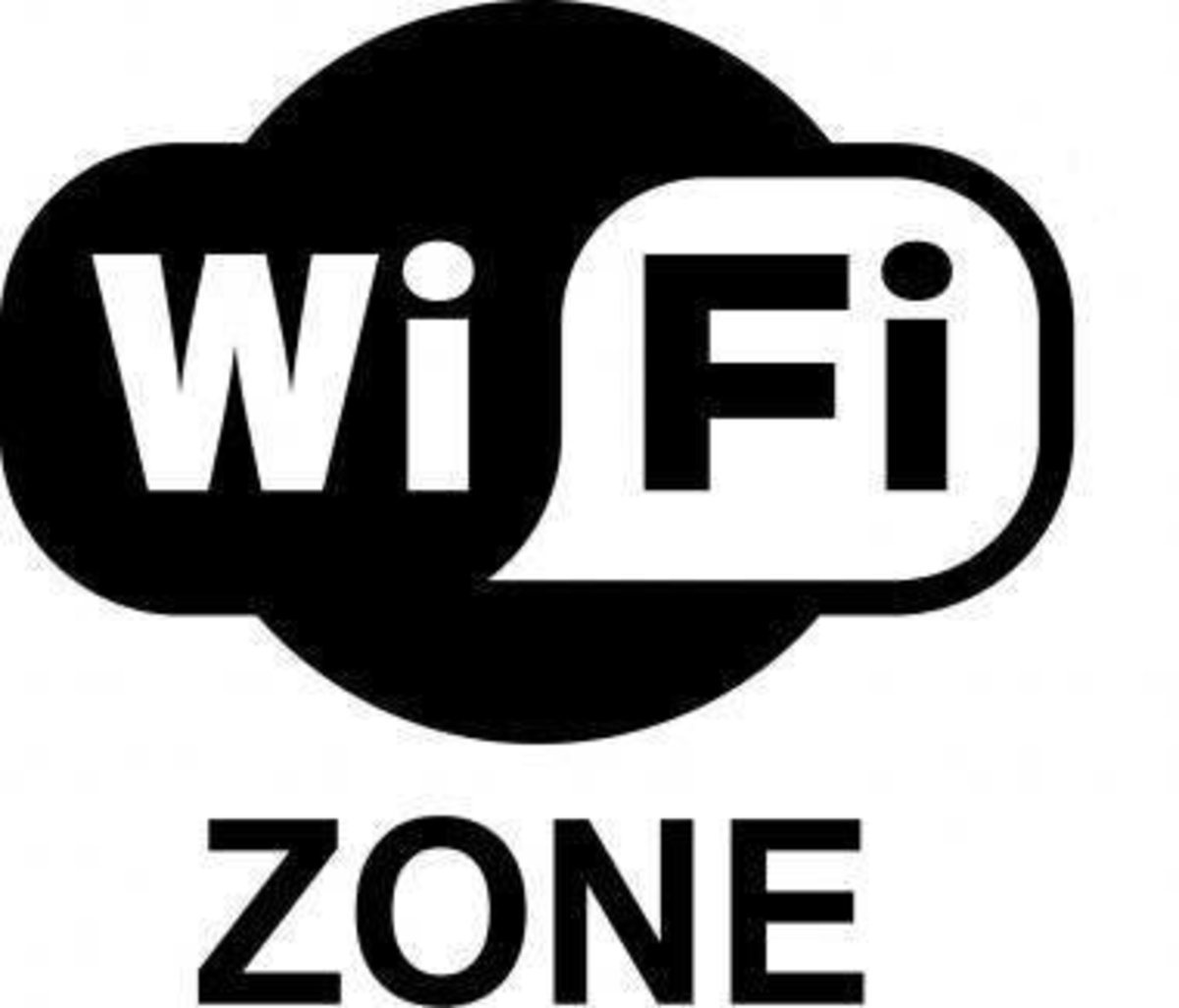What is Prepaid Home Phone Service?
Prepaid Home Phone vs. Postpaid Home Phone
Prepaid home phone service may be able to save you serious money. What is prepaid home phone service, you ask? Well, it is simply service that you pay for before you use it, unlike traditional postpaid home phone service that is billed to you after the fact.
In the past, most people have had a traditional phone service with a base monthly fee and additional charges or long distance that makes each bill vary by amount. Then, when the bill arrives, you finally get to see what you really owe. The benefits of postpaid service is that you can use as much as you like, as long as the bill doesn't get out of control. The quality is also very high.
With a prepaid home phone plan, the monthly fee is paid in advance. This often means that a certain set of features or minutes are provided for this fee, and no additional charges will unexpectedly come your way.
Let's take a look at the major providers of telephone service for your home that can be prepaid so that you can see if it's right for you.
Prepaid Home Phone Technology
The phone company has a direct connection to your house in the form of a telephone wire, and with that they can monitor usage and bill accordingly. With prepaid service, there are two primary technologies that are used to serve your home with service.
VOIP, or less commonly called voice over internet protocol, is one primary way that this service can be supplied to your home. With a VOIP service, calls actually are received and made through your internet service. This means that you must have internet service to use a VOIP solution, and that internet speed needs to be acceptable to handle calls. For anyone who lives out in the sticks, this may not be a viable option.
Cell network home phone service is now a reasonable choice for many households that are served by a strong cell phone signal. Unlike VOIP, which uses the internet to make and receive calls, cell network services use the same network as your cell phone, so you don't even have to have internet service.
Let's take a look at the advantages and disadvantages of each.
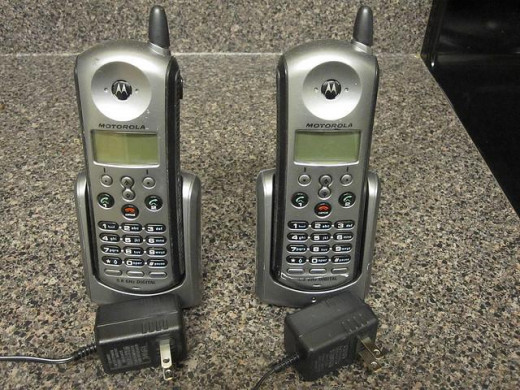
Advantages and Disadvantages of VOIP Phone Service
The main advantage of VOIP service is that it is cheaper, and prices of providers reflect this. This is because the provider can piggyback on existing internet service already supplying your home. It is very simple to set up and will work with many cordless phone systems. The best part is that users will pay a simple flat bill each month.
The primary disadvantages of VOIP include that call quality could be less than perfect when the internet connection is not strong, unlike the old reliable phone line. Since your voice must be digitized, transmitted, and reconstructed on the receiving end, there is sometimes a notable split second latency that can make a call seem odd. Surprisingly, however, this is not very common, and VOIP service tends to be as clear as a bell even when callers are thousands of miles away. VOIP service will also stop in a power outage, since a modem will be off.
911 service is another feature that may be missing on VOIP. Where a land line is clearly tied to a street address, an internet-enabled phone is not. Consumers can set their address with their phone number manually so that 911 calls are more quickly tied to the address to overcome this, but any change of address would require a change of address here as well.
Pros of VOIP
| Cons of VOIP
|
|---|---|
Fixed Monthly Fee
| Quality Varies
|
Setup is Simple
| Possible Sound Lag
|
Lower Bill
| Won't Work in Power Outage
|
Cheap or Free Long Distance
| 911 Service May be Impacted
|
Advantages and Disadvantages of Cell Home Phone
With a home phone powered by a cellular network, the issue or a poor internet signal goes away, but the issue getting a poor cell signal comes into play. Served by major cell phone network providers, this service uses those same "bars" as your cell phone does, so proximity to a cell tower may be a deciding factor on whether or not this service will work for you.
There is plenty to like about this service. For one, the services offered are very affordable, and the fact that no internet is required can save even more money, if broadband internet is too pricey for you. With a cell home phone service, you just plug it in and go. There is a base unit that picks of the signal right away. The base unit comes with a rechargeable battery so that in the event of a power outage it will continue to serve your home.
The 911 issue that exists with VOIP service may also exist here, but some of these units are GPS-enabled to provide an approximate location to emergency services, and you can still register your number with a physical address.
The primary disadvantage of this service is that cell signals can vary, and a signal that is great one day may be so-so the next, especially when the network is heavily used or weather is a major factor.
Pros of Cell
| Cons of Cell
|
|---|---|
Great Price
| Cell Signal Can Vary
|
Very Easy to Setup
| 911 Service May Be Impacted
|
No Internet Required
| |
Works in Power Outage
|
Best VOIP Providers
The list of VOIP providers is long, but here are some that have been around a long time that are worth checking out.
Vonage is the company with the familiar song you've certainly heard on television. They are one of the oldest VOIP providers and they know what they are dong. A typical plan runs around $25 per month plus fees and taxes for unlimited domestic calling. There are always Vonage discounts available like teaser deals for the first few months, so you can try without spending a lot of money. This is not the cheapest option, but it is a quality choice.
Skype has been trusted in computer to computer calls for a long time, and now it works well from tablets and smart phones too. Skype now offers home phones that connect and can serve your home with this affordable service. Calls to computers are free, but you can prepay to make calls to land line phones for a very low per minute rate, or pay a monthly fee as low as $3 per month to make unlimited domestic calls.
Popular Cellular Home Phone Providers
For home phone service from a cell tower, check out these popular choices.
Verizon home phone is a high quality choice that requires no internet connection and works with your existing home phone. It has a battery backup to work in a power outage, and uses the network that many trust for reliable cell phone service. Plans start at around $20 per month and include nationwide calling.
AT&T has an offering that is new in 2013 which gives unlimited nationwide calling for about $20, or even less if you tack the service onto an existing AT&T wireless plan. It works just like the Verizon home phone unit, but AT&T may waive the fee of the base unit with a 2-year commitment. If you have a strong AT&T signal at your home, this may be a great choice.
Straight Talk may be the cheapest choice. It is basically the Verizon service but sold through Wal-Mart. The standard prepaid home phone plan that gives you unlimited nationwide calling is $15 for 30 days. Since it uses the Verizon network, expect reception anywhere Verizon reception works well.
Is Prepaid Home Phone Right For You?
If you can live with the method of prepayment that these services require and have either high speed internet (for VOIP) or a good cell signal (for cell units), one of these prepaid home phone options may be a very good fit for your home.
The good new is that you can set up a recurring payment to recharge the service each month so you won't have an outage, and your current number will port over to any of them. Prepaid home phone really is a viable option today, so go ahead and check it out.

